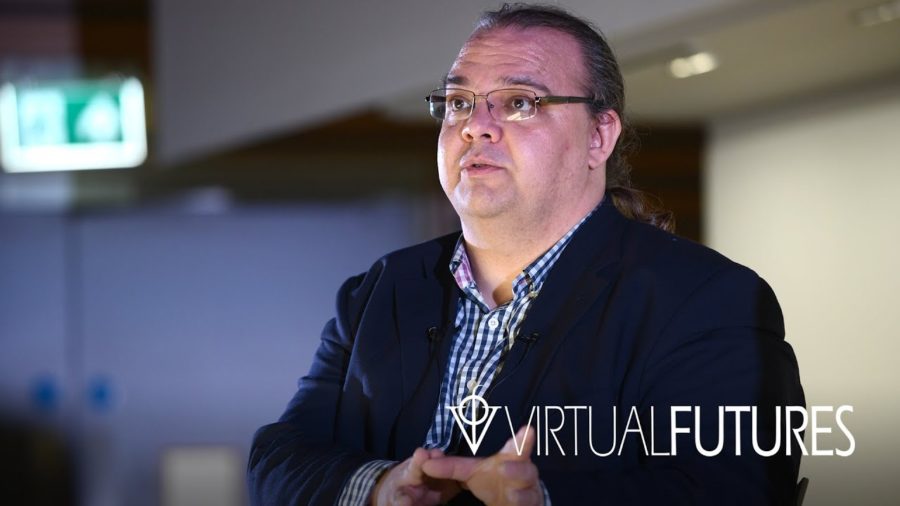Blockchain is in that space where we still have to explain it, because most of the people have gone from not having it around to having it around. But for kind of the folks that are your age or a little younger it’s kind of always been there, at which point it doesn’t really need to be explained. It does however need to be contextualized.
Archive
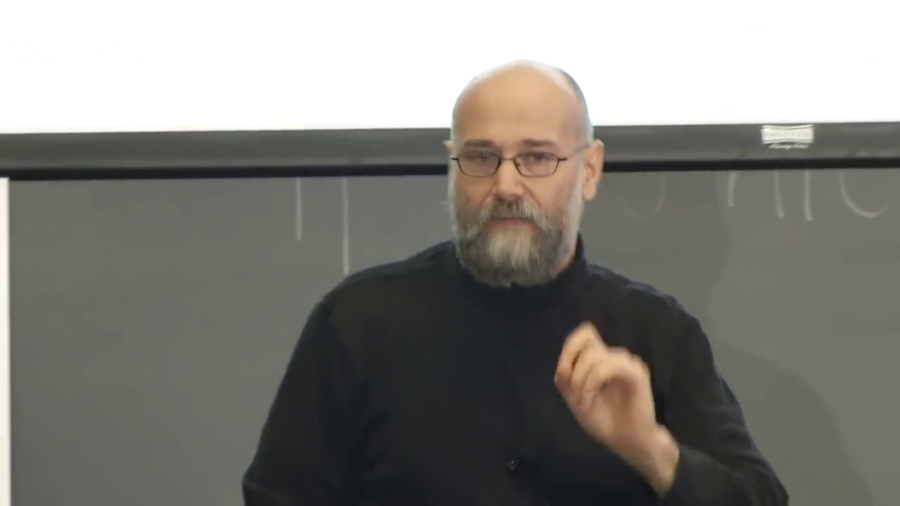
Bill Keller ends his story in the end in The New York Times Magazine as, “If Assange were an understated professorial type rather than a character from a missing Stieg Larsson novel, and if WikiLeaks were not suffused with such glib antipathy toward the US, would the reaction to the leaks be quite so ferocious?”
Good question. Who’s responsible? Half an article before, Keller says, “I came to think of Julian Assange as a character from a Stieg Larsson movie.
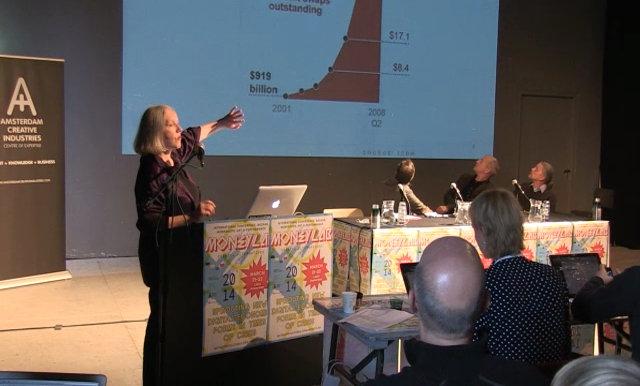
I think one first step is to distinguish between traditional banking, which sells money it has (or it can borrow very quickly, whatever) and finance, which sells something it does not have. And in that selling what it does not have lies its creativity. It has to invent instruments. And secondly—and they go together—it has to invade other sectors. Because it itself does not have what it needs to produce.
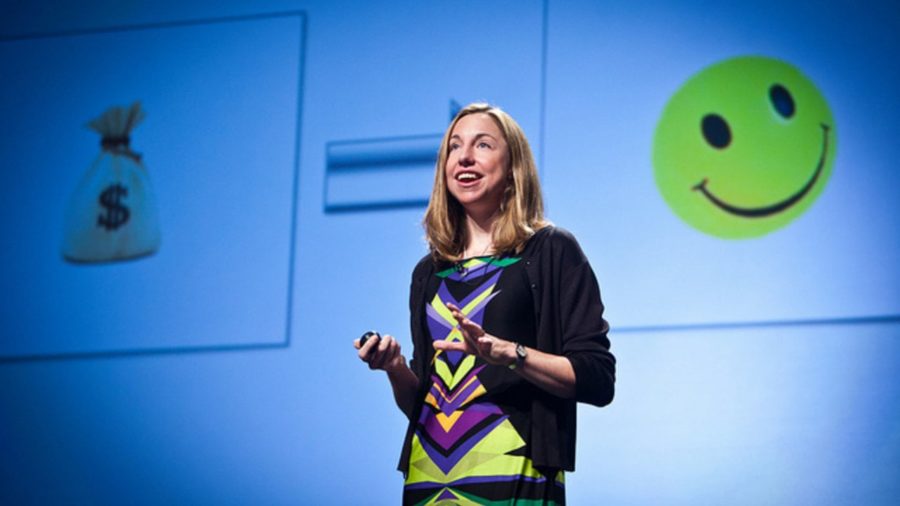
Much of economics and public policy rests on the assumption that increasing the wealth of individuals and nations provides a route to increasing their wellbeing. So why does money fail us?
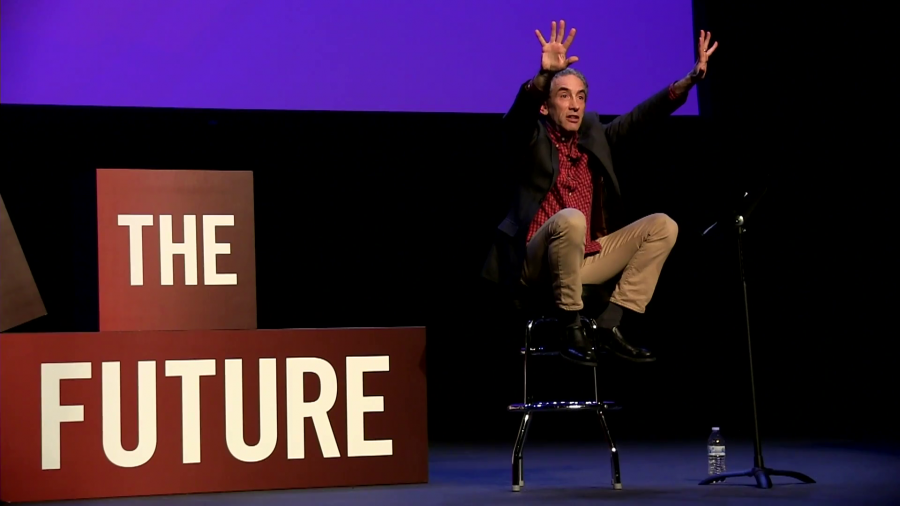
Google just has to grow. It has to keep growing. But Google grows at its own peril. Google grew so much that what happened? It outgrew Google. Google had to become what? Alphabet. Now what is Alphabet? Alphabet is not Google. Alphabet is a holding company. So Google’s new business as Alphabet is to do what? It’s to buy and sell technology companies. So, once a company becomes just too big to flip anymore, it becomes a flipper of other companies.
Much of class and isolation and pulling away is this sort of illusion that somehow we can be apart from the suffering that is in our midst. And that’s a myth. The social isolation that many people in the one percent experience is a wound.
I like to think that we are an intelligent species. I mean, actually the people that often get this most quickly are the people who are poorest, because they know the system doesn’t work. But so many of our supposedly brightest people pick this up and don’t question it. And then we have the all the whole field of economics, which is an ideology built on assumptions that if you examine them are absurd. Because you know, economists simply look at the economy as a pricing system. They’re not system thinkers. Part of the cause our crisis is that we’re not educated to think in terms of systems.
What’s key…is that we all need to work together. There’s no way for all of us to know about each other. We’re in that part of this new way of being that there’s too many players. It’s too chaotic. There is no center, there is no hub. But we need to find ways to work together, and to lose the idea that any one of us is the solution. Because if any one of us were the solution, we wouldn’t be where we are now.

